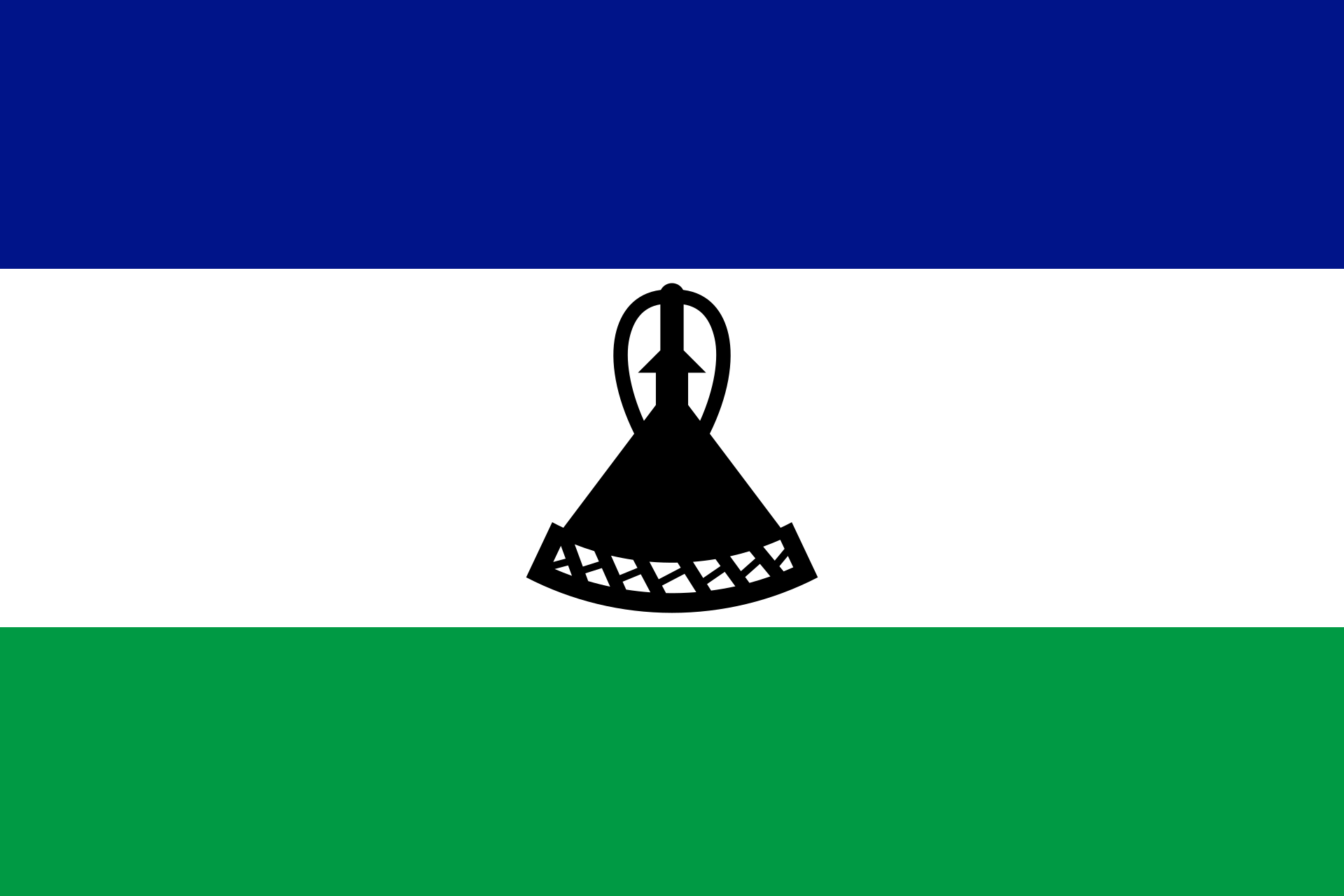Lesotho
Lesotho, a high-altitude, landlocked kingdom encircled by South Africa, is crisscrossed by a network of rivers and mountain ranges including the 3,482m-high peak of Thabana Ntlenyana. On the Thaba Bosiu plateau, near Lesotho’s capital, Maseru, are ruins dating from the 19th-century reign of King Moshoeshoe I. Thaba Bosiu overlooks iconic Mount Qiloane, an enduring symbol of the nation’s Basotho people.

International Air Connectivity:
Moshoeshoe I International Airport provides limited international connections, mainly to Johannesburg, South Africa.
Domestic Air Connectivity:
Domestic flights connect major towns and cities within Lesotho.
Tourist Attractions:
-
Sani Pass: A breathtaking mountain pass with stunning views.
Thaba-Bosiu: A historical site and the mountain fortress of King Moshoeshoe I.
Afriski Mountain Resort: Offers skiing and snowboarding in winter.
Maletsunyane Falls: One of the highest single-drop waterfalls in Southern Africa.
Cuisine:
Lesotho’s cuisine includes dishes like papa (maize porridge), leqebekoane (dried spinach), and local variations of stews and meats.
Cultural Activities:
Experience traditional music, dance, and cultural events that celebrate Lesotho’s rich cultural heritage, including the annual Morija Arts & Cultural Festival.
Accommodation:
-
3-Star Hotels: Examples include the Mpilo Boutique Hotel in Maseru.
4-Star Hotels: Avani Maseru Hotel provides a comfortable stay.
5-Star Hotels: Lesotho doesn't have traditional 5-star hotels, but it offers comfortable lodges and guesthouses.
Transport Connectivity:
-
Rail: Lesotho has no railway network.
Road: Road networks connect towns and cities, with the mountainous terrain making road travel the primary mode of transportation. Minibus taxis are commonly used.
Population:
Lesotho’s population is estimated to be around 2.2 million people.
Religion:
Christianity is the predominant religion in Lesotho, with various denominations represented.
Languages Spoken:
Sesotho (also known as Southern Sotho) is the official language and widely spoken. English is also used, especially in education and business.
Disclaimer:
The information above is for reference, and we do not accept any liability for inaccuracies or updates.